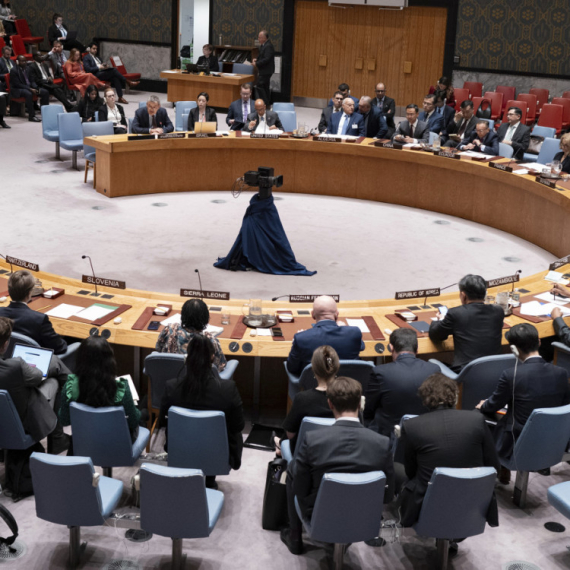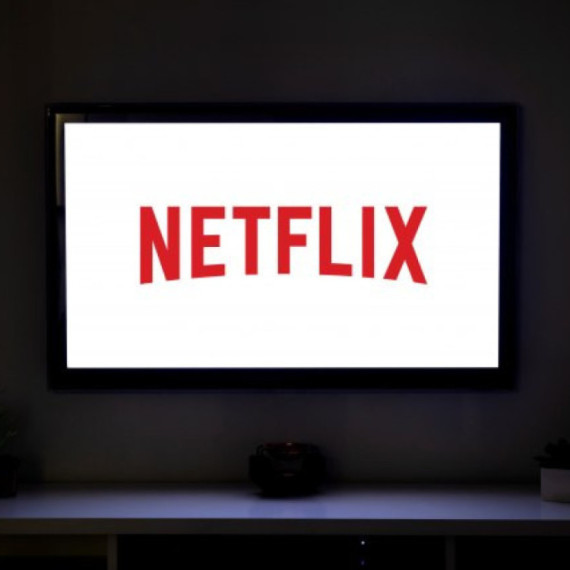SNS emerges as most popular party
Less than a year after it was established, the opposition Serb Progressive Party (SNS) has taken over the ruling Democrats (DS) in the polls.
Saturday, 18.07.2009.
11:11

Less than a year after it was established, the opposition Serb Progressive Party (SNS) has taken over the ruling Democrats (DS) in the polls. The SNS was formed when several Serb Radical (SRS) top officials broke off to established their own party. SNS emerges as most popular party Now, Belgrade daily Danas writes that two top polling agencies' results for June show that 35 percent of voters in Serbia said they supported the Progressives, while the DS received 33 percent. They are followed by more opposition parties: the Radicals and the DSS-NS coalition with nine and seven percent respectively, and the ruling Socialists (SPS) who garnered five percent from potential voters. The opposition Liberal-Democrats (LDP) did below the five percent threshold with 4.5 percent support, while only one percent of Serbians said they would vote for the ruling G17 Plus. The margin of error for the polls was up to three percent. Considering that both surveys were commissioned by clients, the daily said, the agencies "asked them not to reveal their names". They also said that voters might change their mood in July and August, "with the already certain EU decision to scrap the Schengen visas". Meanwhile, Belgrade's Social Sciences Institute researcher Stjepan Gredelj says there is a possibility of an "inside opposition" within the current government. He said that Dacic's position was strong in the ruling coalition and that for this reason, "it cannot be said with certainty what the political scene will look like in the near future, nor who will be able to capitalize on the visa abolishment most effectively". Gredelj continued to say that he did not expect the visa decision to influence the Democrats' rating considerably, since their voters expected this result when they chose to vote for the party. "On the other hand, the inside opposition that is represented in the government by the SPS is strong, and the DS will not be able to do anything without them in the future," this analyst said. Jovo Bakic of the Faculty of Political Sciences downplayed the importance of the surveys, reminding that "differences of one to two percent are fairly small – treated as statistical error in surveys". But he too agreed that the Democrats cannot hope to "capitalize much" on the EU's decision to abolish visas for Serbians, expected to take effect next year.
SNS emerges as most popular party
Now, Belgrade daily Danas writes that two top polling agencies' results for June show that 35 percent of voters in Serbia said they supported the Progressives, while the DS received 33 percent.They are followed by more opposition parties: the Radicals and the DSS-NS coalition with nine and seven percent respectively, and the ruling Socialists (SPS) who garnered five percent from potential voters.
The opposition Liberal-Democrats (LDP) did below the five percent threshold with 4.5 percent support, while only one percent of Serbians said they would vote for the ruling G17 Plus.
The margin of error for the polls was up to three percent.
Considering that both surveys were commissioned by clients, the daily said, the agencies "asked them not to reveal their names".
They also said that voters might change their mood in July and August, "with the already certain EU decision to scrap the Schengen visas".
Meanwhile, Belgrade's Social Sciences Institute researcher Stjepan Gredelj says there is a possibility of an "inside opposition" within the current government.
He said that Dačić's position was strong in the ruling coalition and that for this reason, "it cannot be said with certainty what the political scene will look like in the near future, nor who will be able to capitalize on the visa abolishment most effectively".
Gredelj continued to say that he did not expect the visa decision to influence the Democrats' rating considerably, since their voters expected this result when they chose to vote for the party.
"On the other hand, the inside opposition that is represented in the government by the SPS is strong, and the DS will not be able to do anything without them in the future," this analyst said.
Jovo Bakić of the Faculty of Political Sciences downplayed the importance of the surveys, reminding that "differences of one to two percent are fairly small – treated as statistical error in surveys".
But he too agreed that the Democrats cannot hope to "capitalize much" on the EU's decision to abolish visas for Serbians, expected to take effect next year.


























Komentari 9
Pogledaj komentare